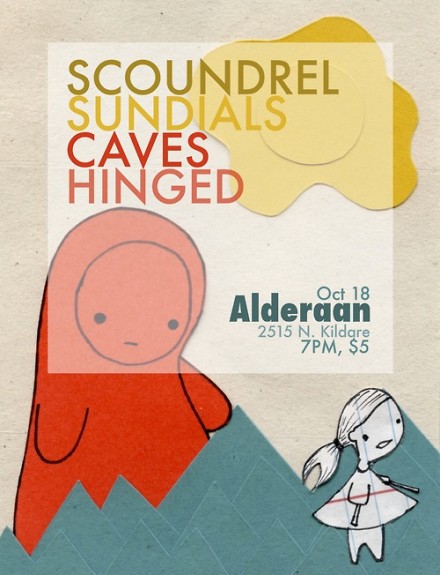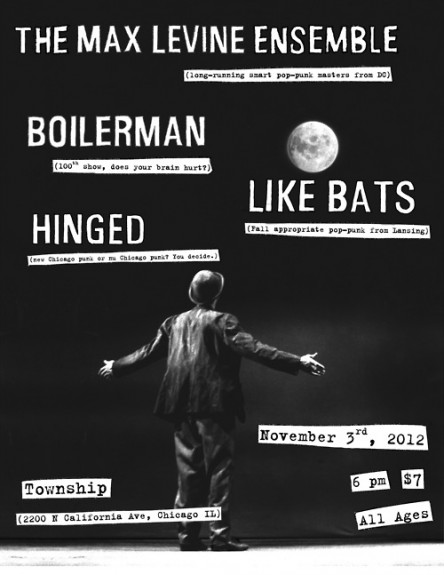This is my pitch for the Media Ideation Fellowship.
Project Description
This project would provide a platform for user-contributed usage instructions (“move the slider to the right to see the data for different years” or observations (“wow, DC has so many charter schools”) for web and print-based data visualizations. The project would help make data visualizations and their insights more accessible and provide a body of feedback for developers and journalists to create more usable visualizations. Through a public API for web applications and QR codes and short URLs for print, journalists and developers can integrate the platform into their visualizations.
What problem or issue are you trying to address with this project?
We live in a culture which increasingly fetishizes policy decisions that are “data-driven”. From the future of publicly-funded education in Chicago to the disconnection of residents from city infrastructure in Detroit, data fills a prominent role in the discourse around issues that profoundly impact our lives. Certainly, data has always driven decision-making by policy makers and evaluation of proposals by the public, and it’s an important part of civic process. The danger is for data to take on a magical quality instead of being framed as a tool that can be used, and abused, in the service of civic problem solving. If publics are to leverage data, we must be empowered consumers of this information.
Background
While researching information about the Chicago teachers strike, I came upon this data visualization about the growth in charter schools, I came upon this visualization:
While a careful reading of the instructions could have told me that this was a map of the US and that moving the slider shows the change in the number of charter schools over time, I just wanted to dive in and was confused. Having more human instructions that say “Hey, this is a map of the US” or “move the slider” and observations like “look how charter schools grew in D.C. That documentary Waiting for Superman talked a lot about that” seemed like something that should exist.






